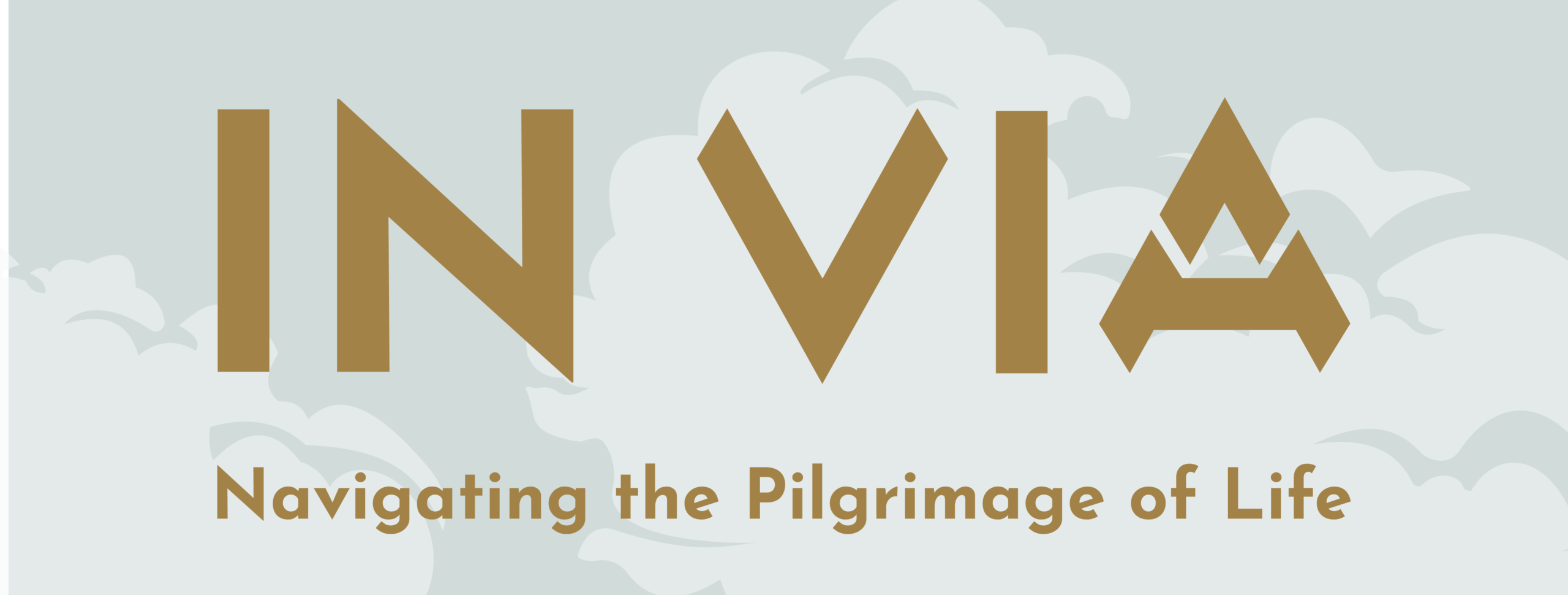As we approach Holy Week, it’s worth taking some time to reflect on what exactly we remember and celebrate this time of year. One way of doing that is through reading Scripture. Lectio Divina is a process of reading Scripture that has deep roots in the Church, and it allows for honest, imaginative engagement with familiar passages from the Bible.
In the post-synodal Apostolic Exhortation Verbum Domini (nos 86-87) Pope Emeritus Benedict XVI helps us better understand the importance of Lectio Divina and outlines a method for the practice.
There are five movements to praying with Sacred Scripture
- Read (lectio) – Seek to understand the true message of the passage and not merely assert our own interpretations.
- Meditation (meditatio) – Consider how the text is calling us to change, be moved, and be challenged to grow and embrace it.
- Prayer (oratio) – Respond to God’s word through prayers of petition, thanksgiving, or penance.
- Contemplation (contemplatio) – Reflect on the experience you have had as you encountered God’s word and discern how God is asking you to convert in heart, mind, or soul. Contemplate how the text is calling you to imitate Christ and see yourself and others through God’s eyes.
- Action (actio) – “Sacred reading” calls for the faithful to embrace the Word and act upon the call revealed through this practice. What act of charity are you being invited to live out?
As we move into Holy Week, this call to prayer, reflection, and action is something that we should be living into more deeply. Take the time to practice Lectio Divina, either on your own or with your family or a group of friends. (If you are doing this with a group, realize that not everyone is going to be comfortable sharing all of their reflections.)
Because of how intentional Lectio Divina is, it’s often best to read small segments of Scripture at a time–doing this makes it easier to have a few things that come to rest in your heart and will make it less likely that you’re overwhelmed. Here are a few passages that might make for fruitful reflection as we approach Holy Week:
If almsgiving has been a focus or a struggle this Lent: Luke 19:28 – 40, Jesus enters Jerusalem.
What is God asking you to give him? What is making it difficult to give?
If prayer has been a focus or a struggle this Lent: Matthew 26:36 – 46, Jesus prays in the Garden
When have you felt isolated in your prayer? How can you bring that feeling to God?
If fasting has been a focus or a struggle this Lent: John 19:26 -29, Jesus’ last moments
What have you struggled to give up this Lent? What have you been given that you didn’t expect?
If you find that Lectio Divina is a fruitful way for you to pray, find other Scripture passages that spark something in you–or look for suggestions if you’re not feeling inspired. There is a wealth of resources out there to help you pray.
Did you enjoy this post? Here is some further recommended reading:
5 Benefits of Going on a Pilgrimage




